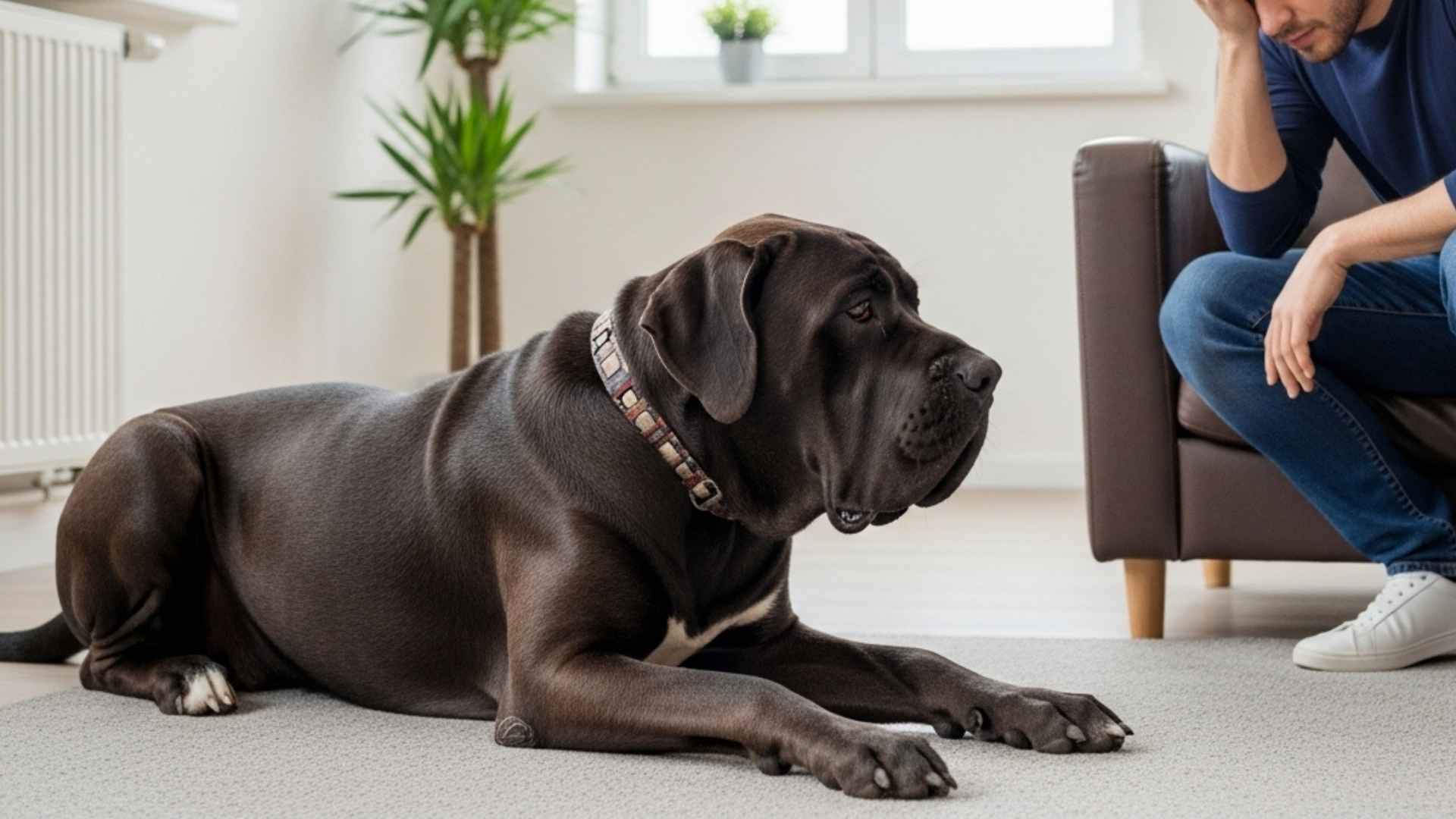Adopting a dog for the first time can be an exciting yet challenging decision. While many dog breeds make wonderful pets for novice owners, rare breeds often come with unique traits and needs that might not be ideal for those new to dog ownership.
It’s important to choose a breed that suits your lifestyle, especially when it comes to energy levels, temperament, and training.
Some rare breeds, originally bred for herding or hunting, require continuous training, early socialization, and regular physical and mental stimulation.
Their independent nature, intelligence, and high energy can be overwhelming for inexperienced dog parents who may not be prepared for the commitment involved.
Before adopting a rare breed, it’s crucial to research its needs, exercise requirements, and potential challenges. While these dogs can be loyal and loving companions, they tend to thrive under the care of experienced pet parents who can offer the proper training and attention they deserve.
Explore rare dog breeds that may be challenging for first-time owners and learn which breeds are better suited for newcomers
Rare Dog Breeds To Avoid For First-Time Owners
1. Perro de Presa Canario
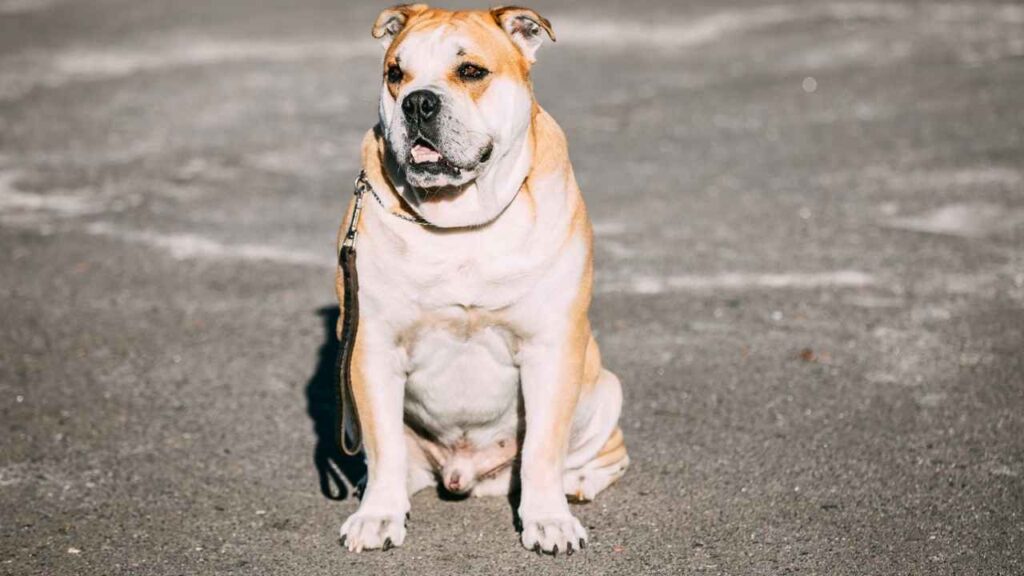
Protective and Loyal
The Presa Canario is a powerful, protective breed known for its calm yet vigilant nature. Historically bred for guarding and herding cattle, they are naturally suspicious of strangers but loyal and affectionate to their family members, as per the AKC.
Despite their imposing appearance, they are generally calm and reserved. Once they bond with their family, they are incredibly devoted, though they can be wary of new people or pets. Their watchful nature ensures they are always alert, making them a reliable guardian for homes or property.
Moderate Maintenance
The Presa Canario has a short, dense coat that sheds regularly, requiring occasional brushing to keep shedding under control. Bathing is necessary from time to time to maintain a clean coat, while their strong nails should be trimmed frequently.
Regular ear checks and consistent dental care are also part of their grooming routine.
Why First-Time Owners Should Avoid
Strong protective instincts can lead to aggression if not properly trained.
Require experienced handling due to their independent nature and suspicion of strangers.
Can be challenging to socialize, especially with other pets or unfamiliar people.
Needs consistent exercise to manage energy levels and prevent behavioral issues.
Grooming requires regular maintenance, including brushing and nail trimming, which can be a commitment for beginners.
2. Kangal
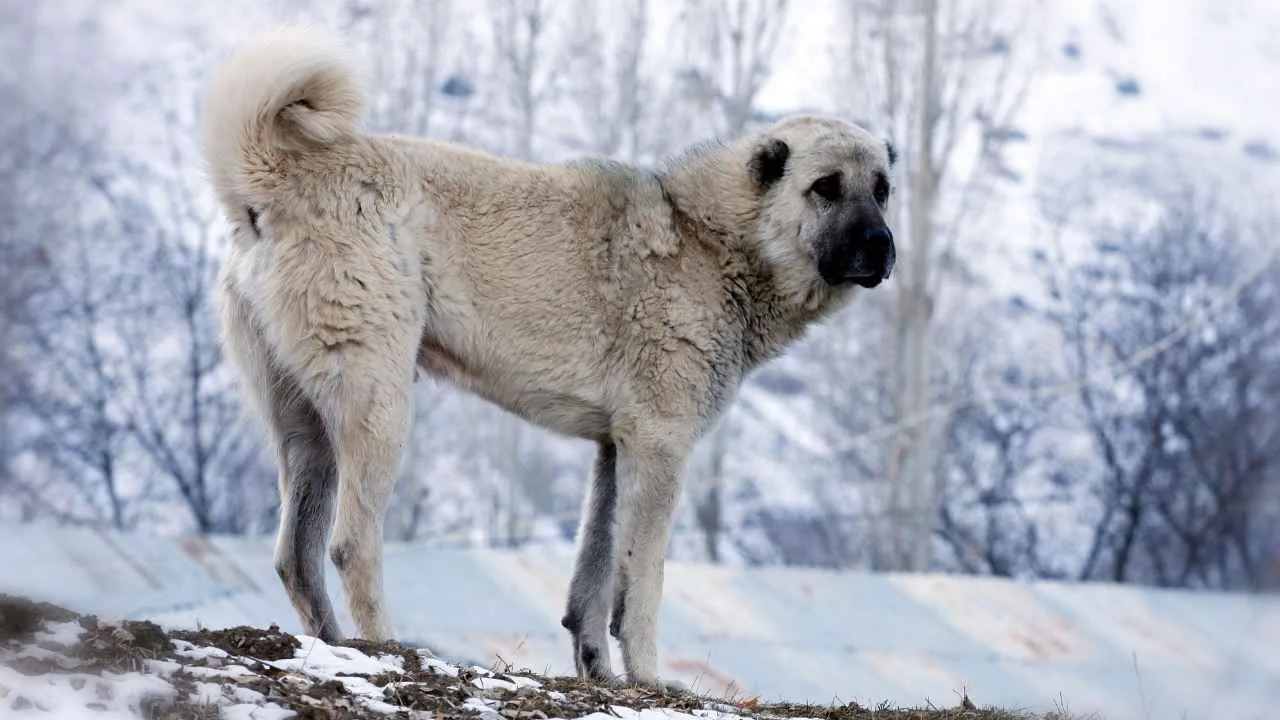
Independent and Protective
The Kangal Dog is a formidable breed, known for its protective instincts and independent nature. This large, muscular dog has a calm demeanor yet can be very assertive when it comes to defending its home or family.
While they are affectionate and loyal to their loved ones, they are naturally aloof and even wary of strangers.
However, this can pose a challenge for first-time owners, as they may struggle to assert authority over such a strong-willed breed. Their aloofness can also make them difficult to socialize with new people or animals.
Grooming Needs: Moderate Maintenance
The Kangal has a thick, weather-resistant coat that requires regular brushing to keep it clean and free from matting. Due to their large size, bath time can be a demanding task, and it’s best to start grooming habits early on to prevent any issues down the line.
Their nails also need regular trimming, and like most large breeds, they require regular ear checks and dental care.
Why First-Time Owners Should Avoid
Strong-willed and independent, making them difficult to train without prior experience.
Requires significant exercise and mental stimulation, which can be overwhelming for novice owners.
Protective instincts can lead to aggression if not properly socialized.
Large size and strength can make handling difficult, especially during their juvenile years.
Grooming can be a challenge due to their size and thick coat, requiring regular care and patience.
3. Norwegian Buhund
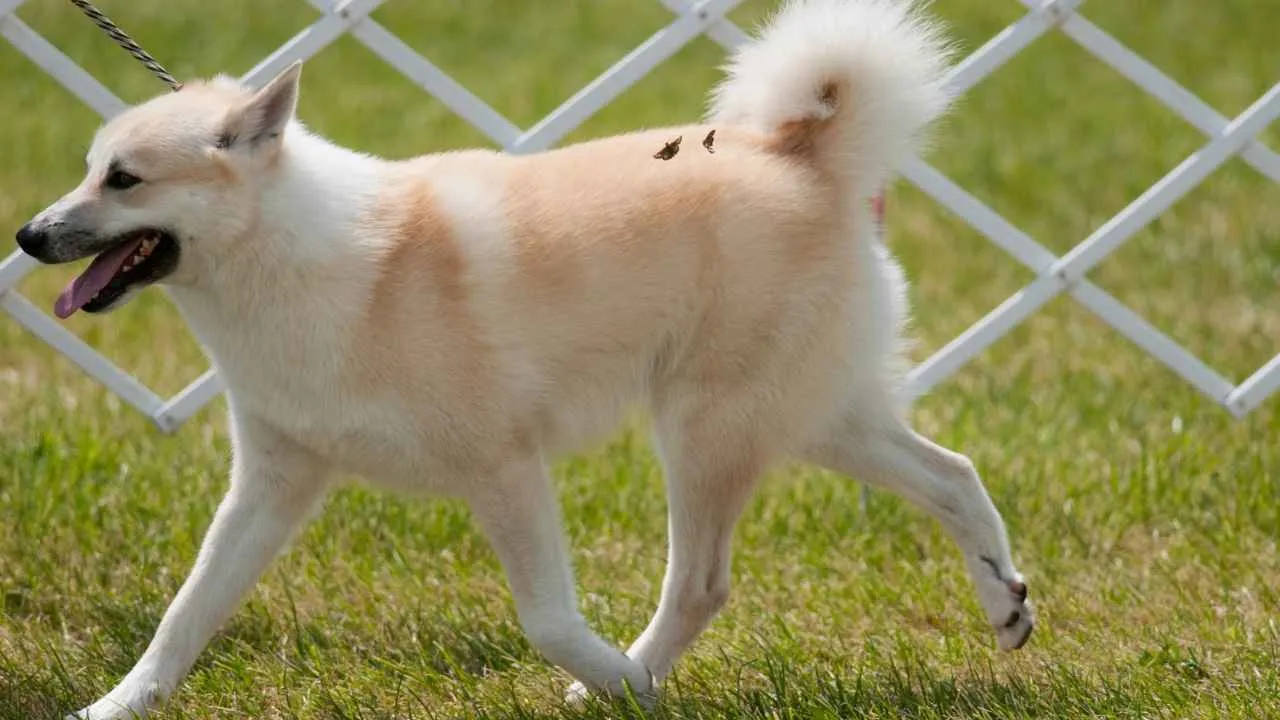
Athletic, Intelligent, and Alert
The Norwegian Buhund is a spirited and intelligent breed, known for its herding and guarding abilities, as per Purina. With a strong work ethic, these dogs thrive in active households where they can engage in physical and mental stimulation.
Their alertness and tendency to bark at unfamiliar sights or sounds make them excellent watchdogs. However, this can also become a challenge for first-time owners, as their vocal nature and need for mental engagement can be overwhelming without proper training.
Regular Maintenance Required
The Norwegian Buhund’s thick double coat requires regular grooming to keep it in top condition. While regular brushing is usually enough, the breed sheds heavily twice a year, making daily brushing necessary during shedding seasons.
Their ears and teeth also need to be regularly checked to maintain their overall health.
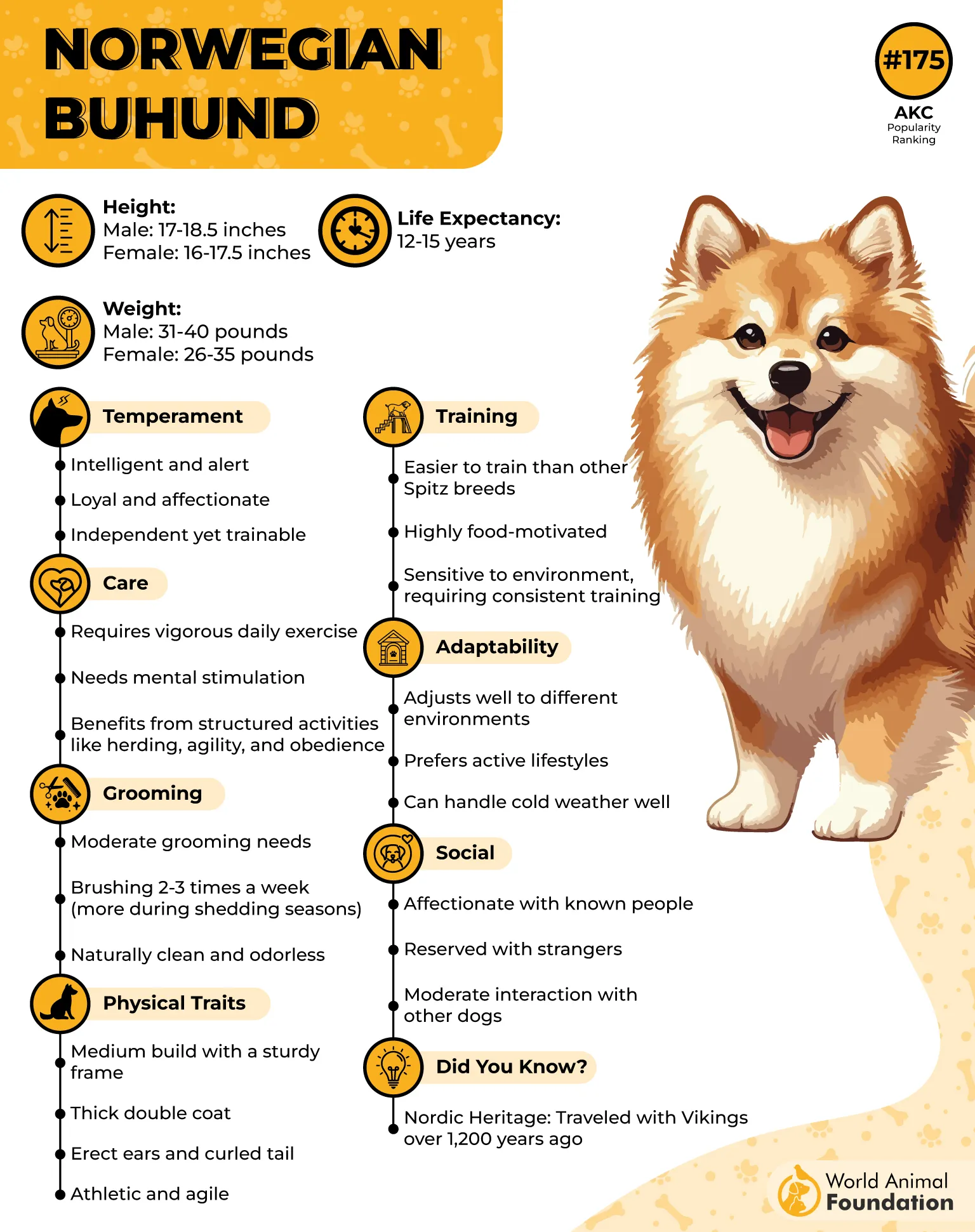
Why First-Time Owners Should Avoid
High energy and a need for constant physical and mental stimulation can be challenging for inexperienced owners.
Tendency to bark excessively if not trained, which could lead to noise issues in the home.
Requires a dedicated trainer for obedience, particularly with recall and limiting unnecessary barking.
Frequent shedding, especially during molting seasons, can be overwhelming without regular grooming.
Strong herding instincts may cause issues with small children or other animals unless properly managed.
4. Fila Brasileiro
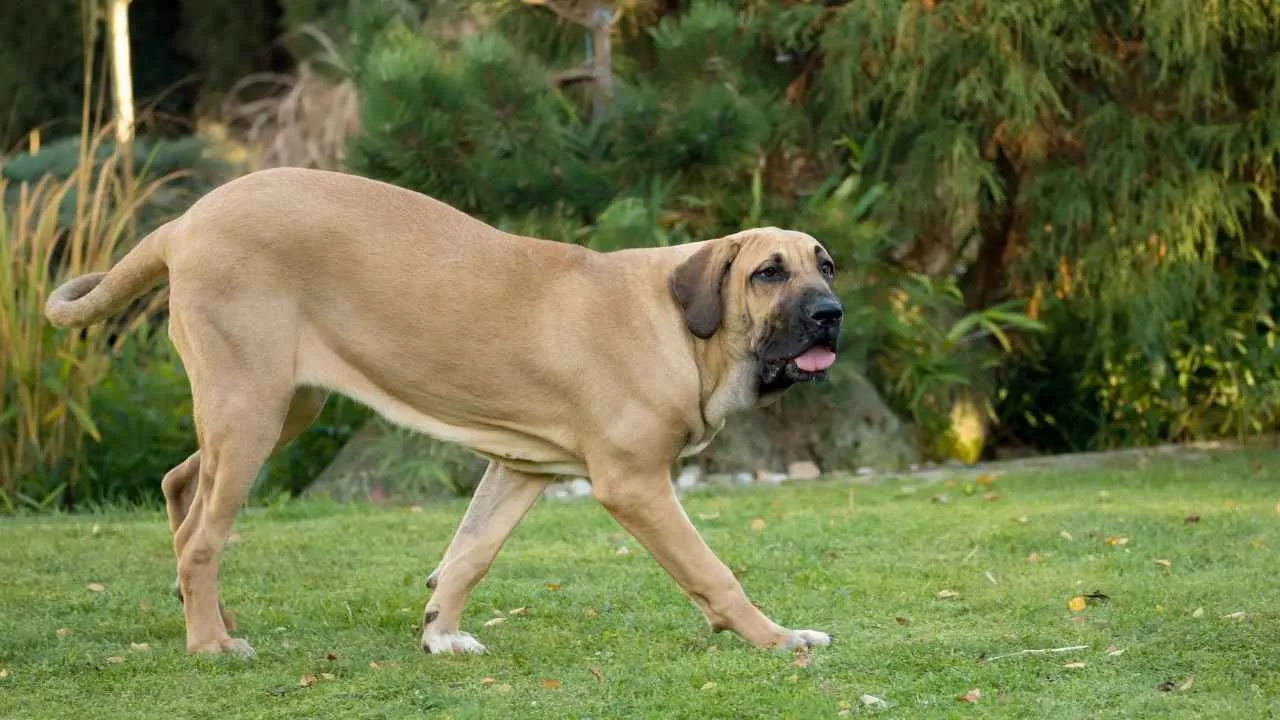
Protective, Loyal, and Independent
The Fila Brasileiro is a courageous and confident breed, deeply loyal to its family and protective of its home and loved ones. This breed is naturally reserved and aloof around strangers, making them excellent guard dogs.
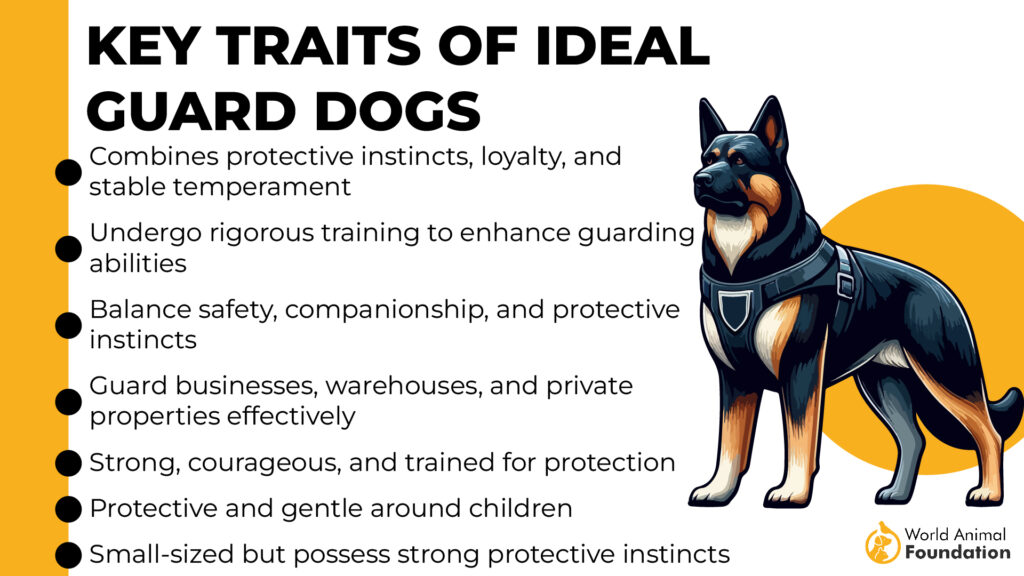
Filas may not be the best choice for first-time dog owners, particularly in households with small pets or unfamiliar dogs.
While they thrive in environments where they are the sole focus of attention, Filas require experienced owners who can provide consistent training and socialization. Without proper guidance, their strong-willed personality and protective instincts may lead to behavioral issues.
Low Maintenance, Yet Consistent Care Required
The Fila Brasileiro has a short, smooth coat that requires minimal grooming compared to other breeds. Regular brushing a few times a week will help manage moderate shedding, and occasional baths are needed when the dog gets dirty.
Despite their low-maintenance coat, it’s essential to keep up with routine care, including nail trimming, ear cleaning, and dental hygiene.
Why First-Time Owners Should Avoid
Strong guarding instincts and territorial behavior can make interactions with strangers and other animals difficult.
Their high prey drive means they cannot be trusted around smaller pets, such as cats or small dogs.
Require experienced owners who can provide consistent training and firm boundaries.
Their aloof nature can make socialization challenging, particularly if not started early.
Despite their relatively low grooming needs, their massive size and energy levels demand significant time, space, and regular exercise.
5. Tornjak
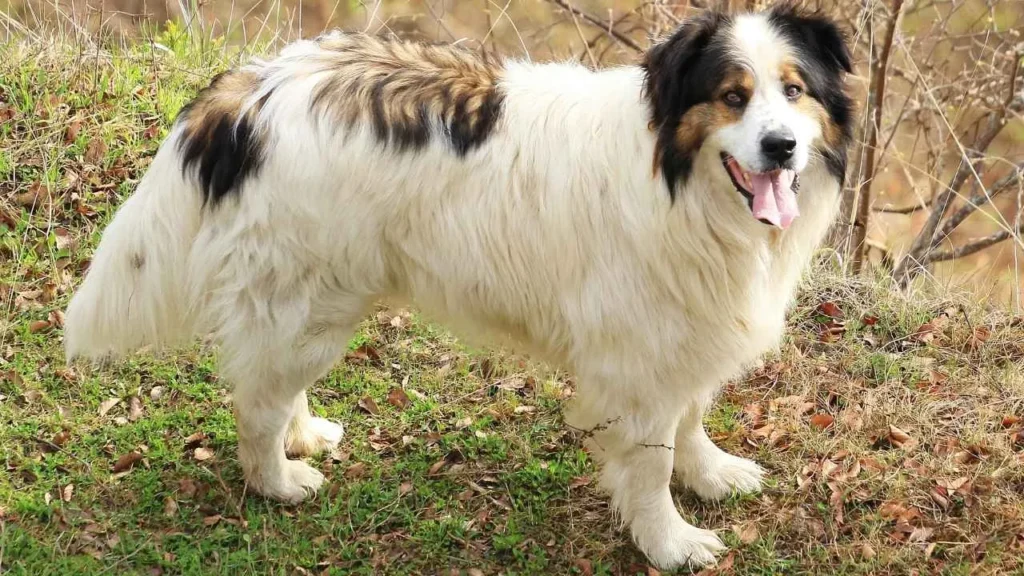
Devoted, Brave, and Protective
The Tornjak is a calm, courageous, and one of the smartest dog breeds known for its steadfast devotion to its family. While the breed is friendly and affectionate with those they know, they are naturally suspicious and protective of strangers, making them excellent guard dogs.
Despite their serious guarding instincts, Tornjaks are laid-back and relaxed at home, forming strong bonds with their family. However, they may exhibit aggressive behavior toward unfamiliar animals or people, especially if they perceive a threat to their home or family.
Easy Maintenance with Regular Care
The Tornjak’s long double coat requires regular maintenance to keep it clean and healthy. Weekly brushing is typically sufficient, though daily grooming is recommended if the dog spends a lot of time indoors to reduce shedding. Occasional baths are necessary to keep the coat in good condition.
Why First-Time Owners Should Avoid
A protective nature can lead to aggressive behavior toward strangers or unfamiliar animals.
Requires experienced owners who can manage the breed’s strong guarding instincts.
High energy levels and a need for regular physical and mental stimulation may be overwhelming for novice dog owners.
The Tornjak’s independent streak can make training challenging without firm leadership.
Their thick coat requires consistent grooming, which can be time-consuming, especially during shedding seasons.
6. Caucasian Shepherd Dog
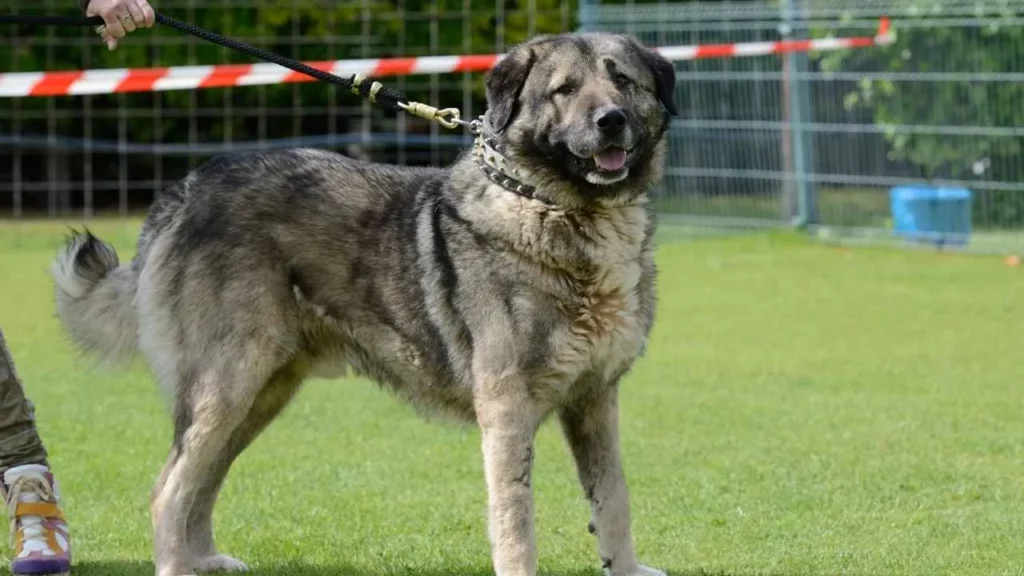
Independent and Protective
The Caucasian Shepherd Dog is a powerful, devoted, and fiercely protective breed, known for its natural guarding instincts. While they are deeply loyal to their family, they are independent thinkers and often prefer to make decisions on their own.
This breed is not ideal for first-time dog owners due to its strong-willed nature and need for consistent leadership.
Due to their size, strength, and independence, Caucasian Shepherds may not always be the best choice for families with young children or other pets. They can be aloof and even territorial, which can lead to issues if not properly socialized.
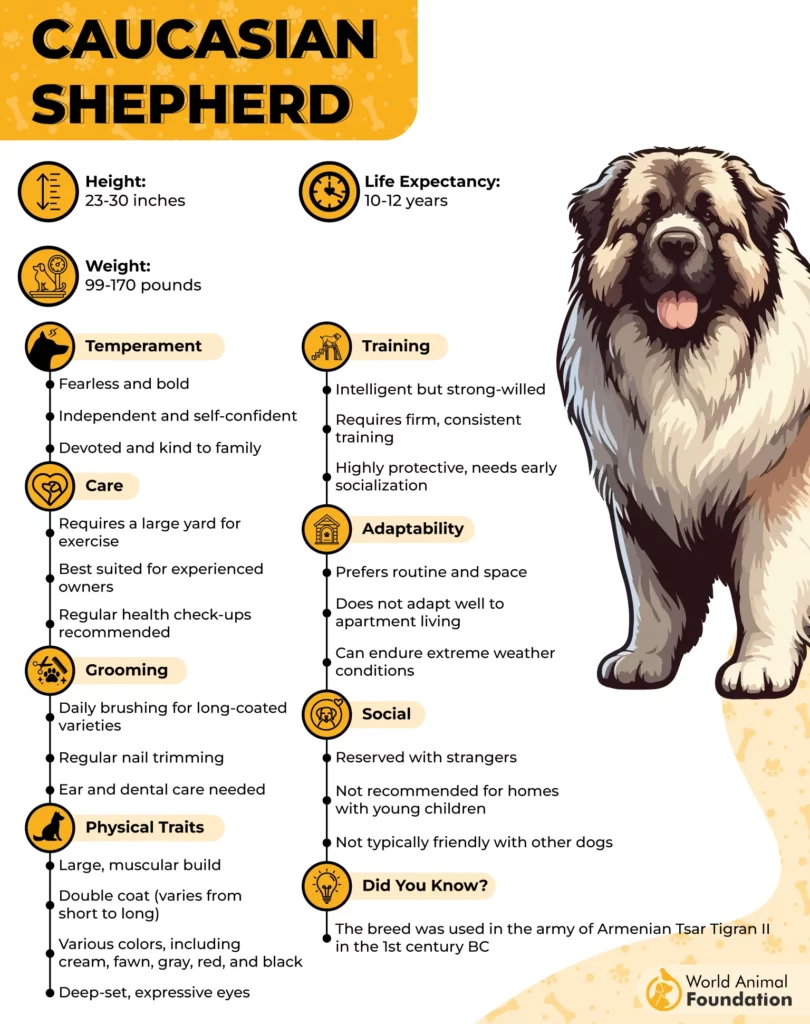
High Maintenance for a Thick Coat
Regular brushing, typically several times a week, is necessary to prevent matting and to reduce shedding around the house. Bathing should be done as needed, and owners should also pay attention to trimming nails, brushing teeth, and checking ears for debris to ensure overall health, as per PetMD.
Why First-Time Owners Should Avoid
An independent and strong-willed nature requires experienced handling and leadership.
Not suited for homes with young children due to their protective and territorial instincts.
It requires a lot of space to roam and a secure environment, making them less suited for apartment living.
The breed’s aloofness towards strangers and potential aggression towards other animals can be challenging for new owners.
Grooming the dense double coat is time-consuming and requires consistency, which might overwhelm novice owners.
7. Kuvasz
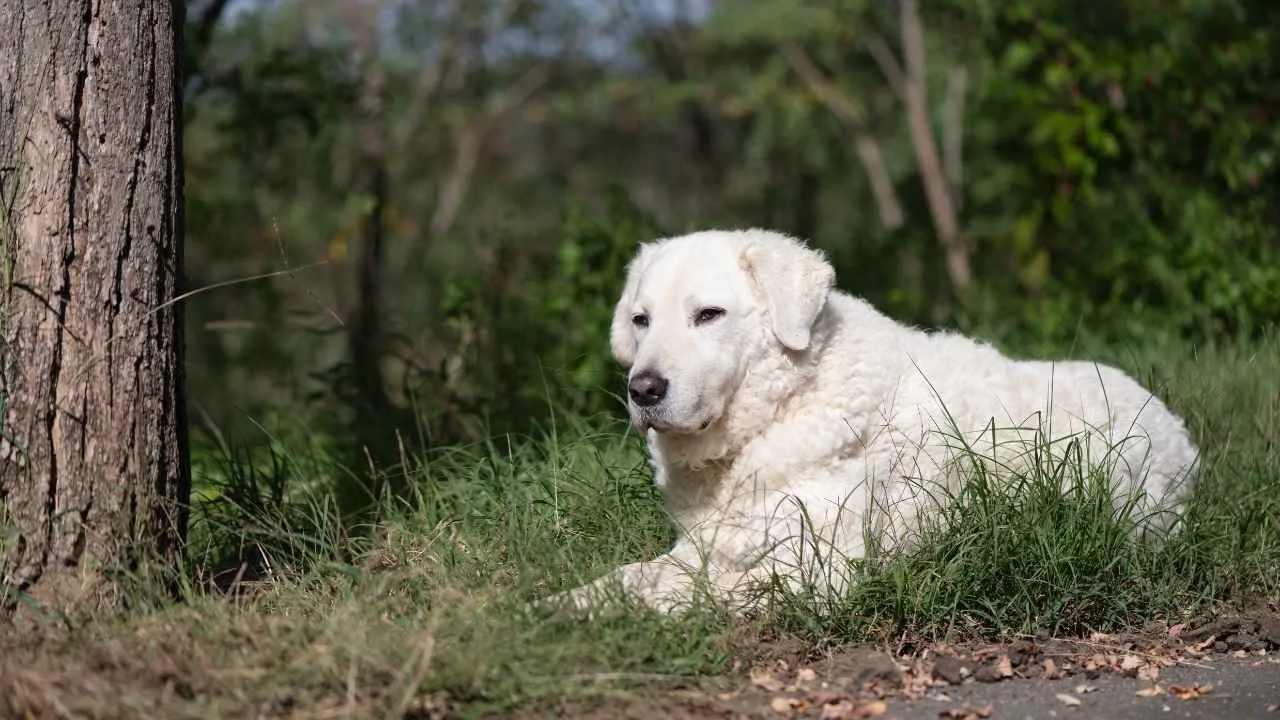
Protective, Intelligent, and Independent
The Kuvasz is a majestic and noble breed, originally bred to protect livestock in harsh conditions. Their independent nature and strong guarding instincts make them excellent protectors, but this also means they require experienced owners who can provide proper training and structure, as per WebMD.
However, they should always be supervised with young kids due to their size and strength. Their intelligence and independent thinking mean they can sometimes be a challenge to train, requiring patience and firm handling from their owners.
Easy Maintenance with Minimal Bathing
The Kuvasz has a thick double coat that is relatively easy to care for. Weekly brushing is usually sufficient to keep their coat healthy and free of debris, although more frequent grooming is necessary during shedding seasons to prevent mats.
Baths should be done only when needed, about every 4 to 6 weeks, to avoid stripping their coat of natural oils.
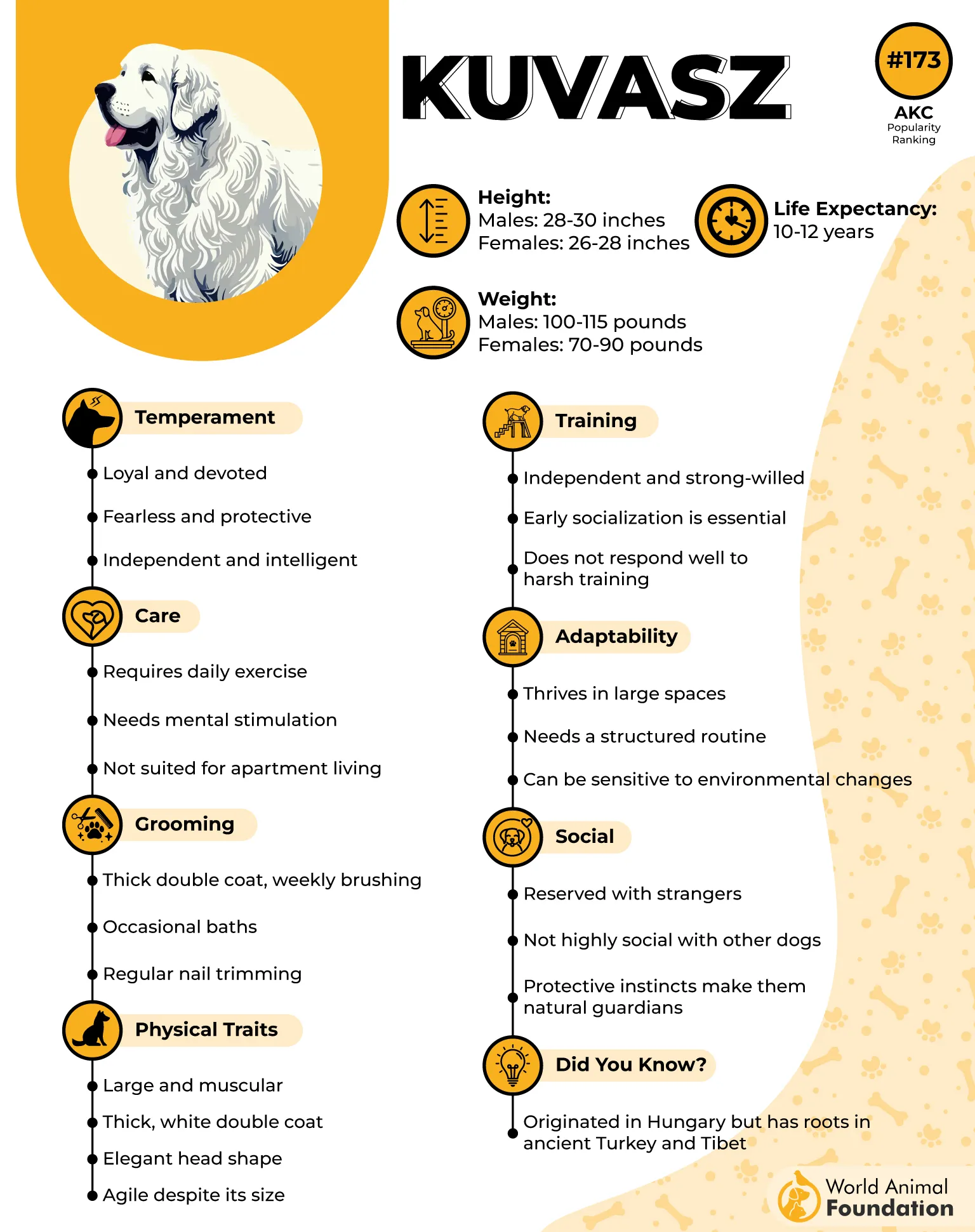
Why First-Time Owners Should Avoid
An independent and strong-willed nature requires experienced leadership and patience during training.
Protective instincts can lead to aggressive behavior toward strangers, requiring careful socialization.
Large size and strength can make them difficult to manage for new owners, especially around children.
Potential for destructive habits like digging or excessive barking if not mentally stimulated and socialized early.
Regular grooming is required, especially during shedding seasons, which may be time-consuming for inexperienced owners.
Conclusion
When considering rare dog breeds, first-time owners should recognize that many are high-energy, independent dogs originally bred for tasks like herding or guarding. Without proper guidance, inexperienced owners may struggle to manage their high energy levels and protective instincts.
Some breeds, like herding dogs or working breeds, are best suited for experienced owners who can handle their strong temperament and need for regular exercise.
These dogs are intelligent, energetic, and protective, making them excellent companions for active families, but they also require firm, consistent training to avoid undesirable behaviors.
Adopting a rare breed requires thorough research and preparation. For first-time dog owners, understanding the breed’s nature and energy levels is key. By ensuring proper training and early socialization, new owners can enjoy a loyal and well-behaved dog that suits their lifestyle.


